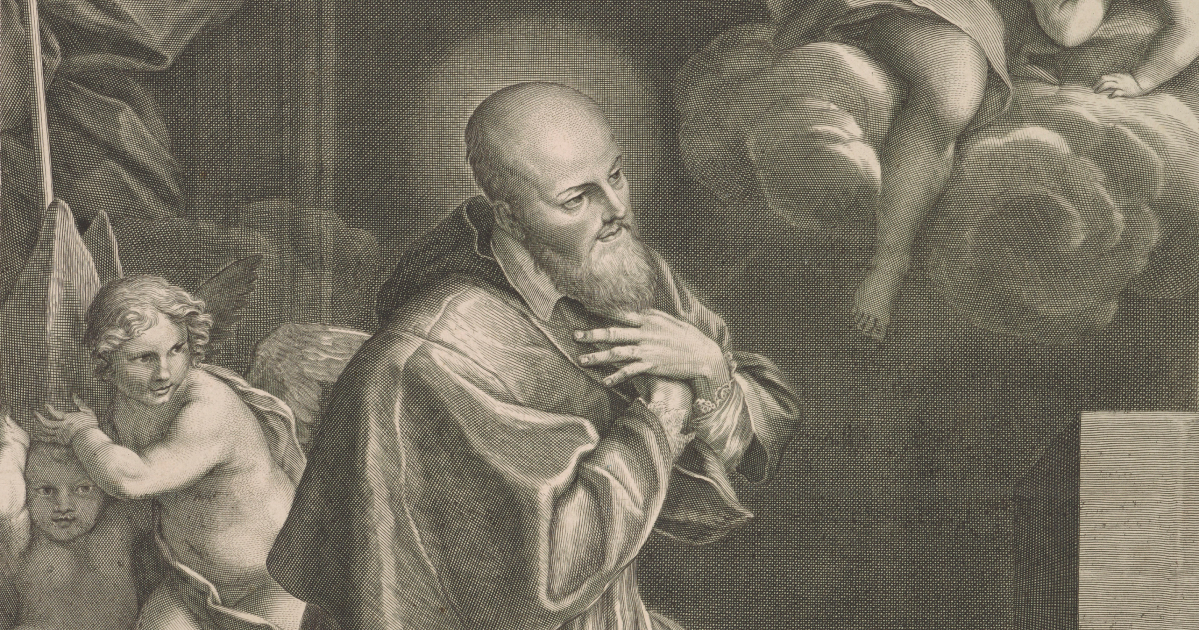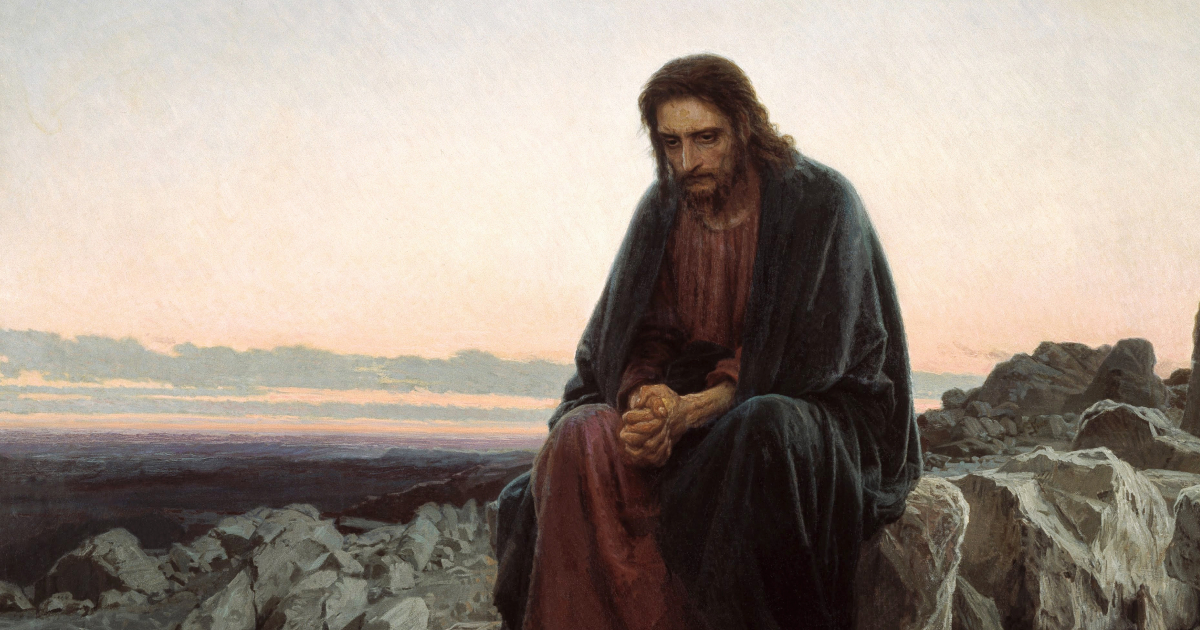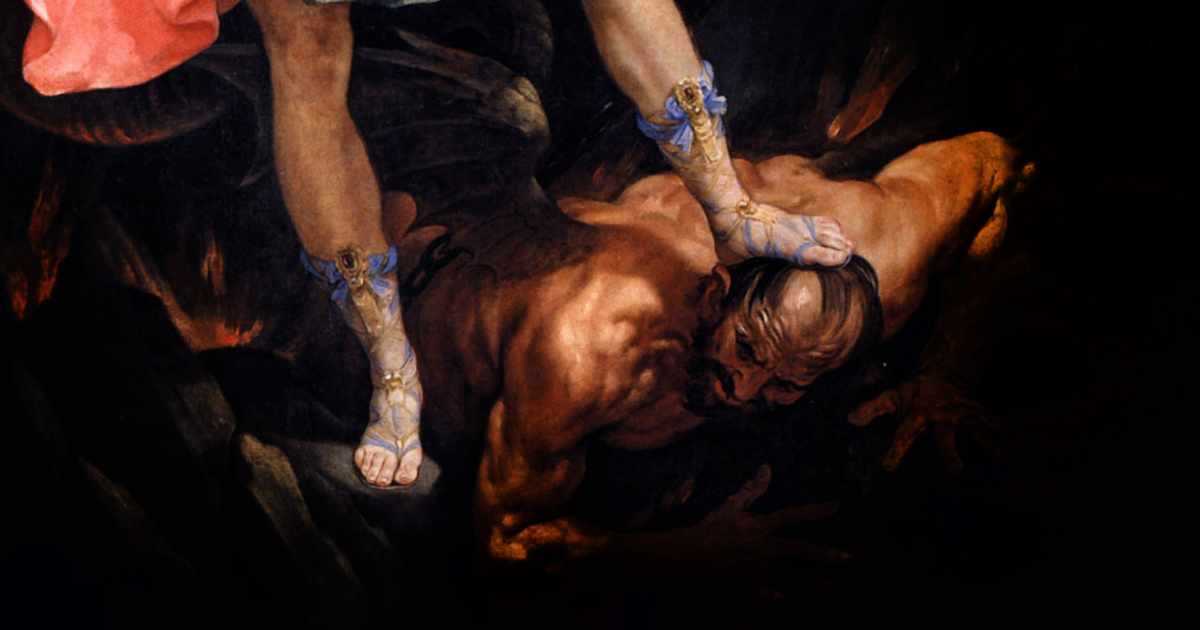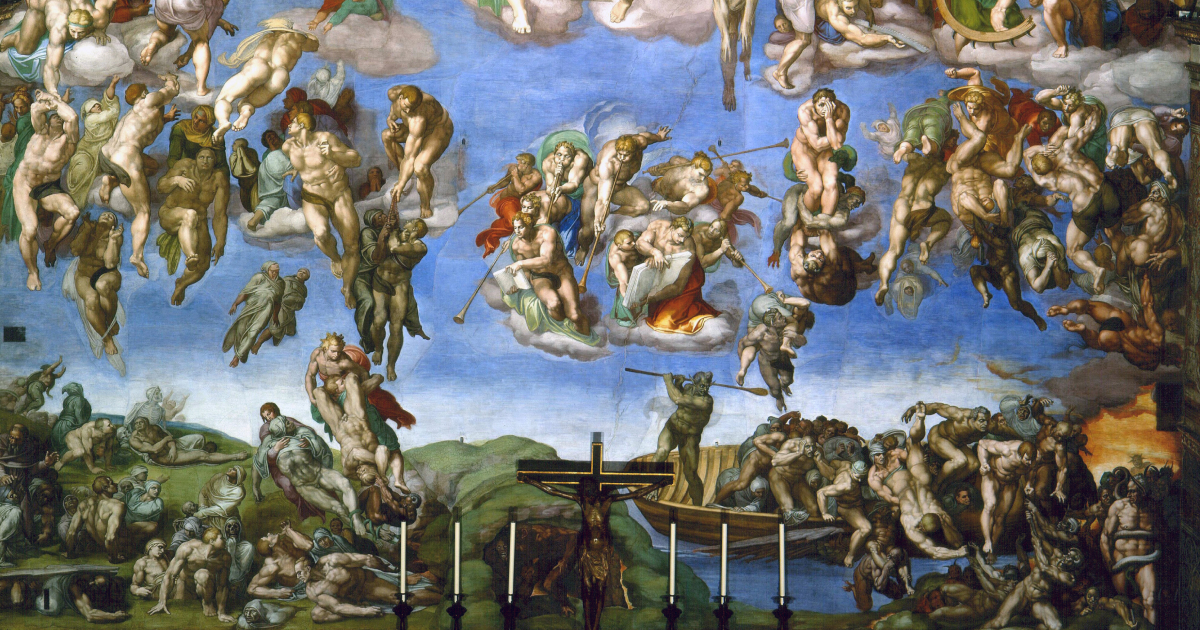A group of well-known bishops has conducted an act of reparation for the “LGBTQ+ Pilgrimage” that took place in Rome as part of the official Jubilee Year calendar.
The solemn prayer, led by Bishop Athanasius Schneider of Kazakhstan, was offered during the Catholic Identity Conference held on 4 October in Pittsburgh, in response to what participants described as the desecration of the Jubilee Year and of St Peter’s Basilica during the pilgrimage on 6 September.
Joining Bishop Schneider for the act of reparation were Bishop Marian Eleganti of Switzerland, Bishop Robert Mutsaerts of the Netherlands and US Bishop Joseph Strickland. Each prelate delivered an address during the conference before uniting in the public act of reparation, a lengthy supplication invoking God’s mercy for what they described as “abominations perpetrated in the Eternal City”.
The bishops prayed in particular for forgiveness for those who had “used the Church of the Gesù, the Holy Door and St Peter’s Basilica as a platform to advocate for the legitimisation of sodomy, fornication, and other sins against the Sixth Commandment”.
The act of reparation formed the spiritual conclusion of the three-day Catholic Identity Conference, whose theme centred on fidelity to Catholic teaching amid perceived confusion within the Church.
Earlier in the day, Bishop Mutsaerts spoke on “Christ the King: Hope of the Whole World”, while Bishop Eleganti delivered a forceful address titled “Anathema Sit! Synodality has not Awakened Love for Christ in a Single Soul”. Bishop Strickland later reflected on “Our Lady’s intercessory role in the life of the Church”.
The conference concluded with Bishop Schneider’s evening talk on "The Joy of the Catholic Faith in the Midst of Trials”, followed by the act of reparation and a closing prayer.
The text of the act, invoking numerous scriptural passages and litanies of repentance, called upon the Most Holy Trinity to “look mercifully upon Your afflicted Church which has been publicly humiliated through the abuse of the Jubilee Year the Holy Door and St Peter’s Basilica”.
It expressed sorrow for “the complicity of the authorities of the Holy See” in allowing events perceived as contrary to Catholic moral teaching to take place within sacred spaces. The bishops prayed for the conversion of those who “deny people the perennial truth of Your Holy Commandments” and for an outpouring of the “Spirit of truth and compunction” upon the whole Church.
Acts of reparation trace their origin to public prayers offered in response to sacrilege or moral scandal. The form became particularly widespread in the 19th and early 20th centuries, when the Sacred Heart devotion and papal acts of atonement were encouraged to repair sins “against the majesty of God”.
In recent years, penitential liturgies have even occurred at St Peter’s Basilica itself after security breaches and sacrileges, such as when a penitential rite was led by the archpriest of St Peter’s in June 2023 after a man climbed the high altar.
The LGBTQ+ pilgrimage took place in Rome on 6 September as part of the 2025 Jubilee Year calendar and included a Mass by Bishop Savino. More than 1,000 participants from numerous countries took part in the event.
The act of reparation in Pittsburgh stands as the latest in a centuries-old tradition of public penance. Whether it marks the start of a wider movement of episcopal protest or not, it has highlighted a continuing tension between those seeking a Church of openness and those who see a need for the Vatican to better demonstrate its moral authority.
RELATED: Bishop says Pope urged him to celebrate liturgy for LGBT event
Photo: A man holds a fan as he participates with other pilgrims heading to the Holy Door of St Peter's Basilica during the 'LGBTQ+ Pilgrimage' for the Jubilee, Vatican, 6 September 2025. (Photo by FILIPPO MONTEFORTE/AFP via Getty Images.)





.jpg)











